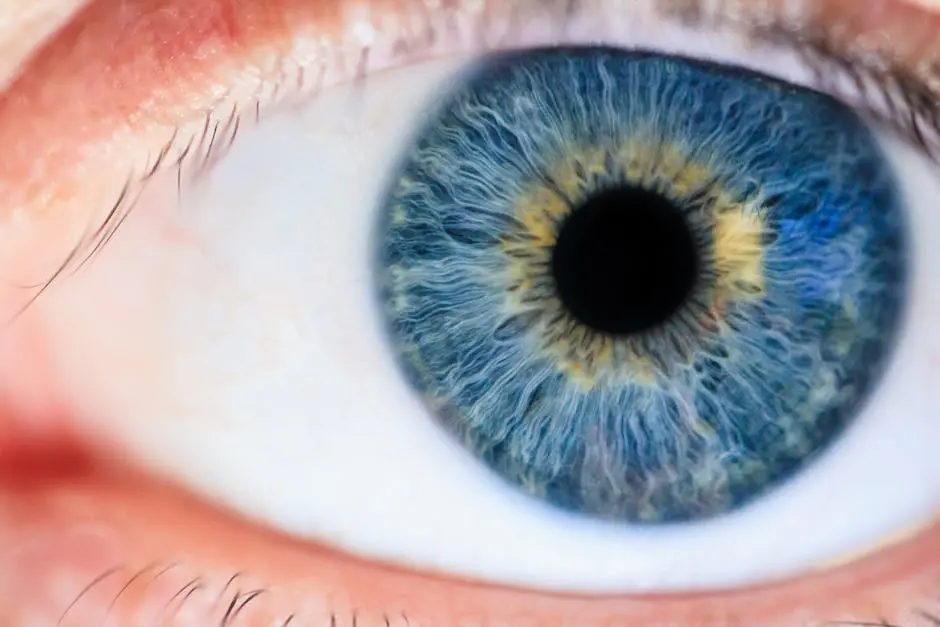
Diabetic retinopathy is a common complication of diabetes that affects the eyes. Understanding its early signs and how to prevent it can help manage and mitigate its progression. This blog aims to provide you with simple and easy-to-understand information about diabetic retinopathy, so you can take proactive steps in safeguarding your eye health.
What is Diabetic Retinopathy?
Diabetic retinopathy is a diabetes-related eye condition that damages the blood vessels in the retina. It can lead to vision impairment if not promptly addressed.
This condition progresses through four stages, starting with mild nonproliferative retinopathy and advancing to more severe forms if not treated. During the early stages, small areas of swelling form in the blood vessels of the retina. As these areas worsen, the vessels become blocked, cutting off the retina’s blood supply. When this happens, the retina signals the body to grow new blood vessels, but these are often abnormal and weak, leading to more serious complications if left unmanaged.
Recognizing Early Signs
Early detection is key. Look out for symptoms such as blurred vision, floaters, and difficulty seeing colors. Noticing changes early can be pivotal in prevention efforts.
In addition to the more obvious symptoms, there may be subtler signs such as difficulty reading or seeing distant objects clearly. You might find it challenging to discern faces or drive safely, especially at night. These changes in your vision can be gradual or sudden, making it imperative to stay vigilant and consult an eye specialist if you notice any shifts in how you view the world around you.
Importance of Regular Eye Exams
Regular eye exams are crucial for identifying diabetic retinopathy in its initial stages. An ophthalmologist can detect changes before they affect vision and advise proper care.
Even if you do not notice any changes in your vision, scheduling annual comprehensive eye exams is vital. During these exams, your ophthalmologist will conduct a thorough check of your retina and might use photographs or other imaging tests to detect issues in your eyes’ blood vessels. Consistent assessments allow for a proactive approach, enabling timely interventions that can prevent or mitigate severe complications.
To encourage proper follow-through with regular check-ups, it is helpful to understand the benefits of such exams. They do not only prevent vision loss but also support your overall diabetes management plan by providing insights into how your diabetes is being controlled systemically. This broader understanding aids diabetics in tailoring their treatment plans effectively.
Preventing Diabetic Retinopathy
Effective diabetes management through a healthy diet, regular exercise, and maintaining blood sugar levels within target ranges can prevent the onset of diabetic retinopathy.
Adopting a balanced diet rich in vegetables, lean proteins, and fiber can significantly contribute to keeping your blood sugar levels stable. Furthermore, committing to regular physical activities like walking, cycling, or swimming not only improves blood glucose control but also enhances cardiovascular health, reduces stress, and aids in maintaining a healthy weight—all beneficial for eye health and general well-being.
Painstaking attention to blood sugar levels is crucial, but so is controlling other factors such as blood pressure and cholesterol. High blood pressure can strain your retinal vessels, exacerbating complications. A healthcare provider can help tailor a holistic care plan to manage these risk factors effectively, employing both medication and lifestyle adjustments as needed.
Living with Diabetic Retinopathy
Even if diagnosed, many individuals live well with diabetic retinopathy through proper treatment and lifestyle adjustments that promote overall eye health.
Treatment options vary based on the stage of the condition but can include laser surgery, injections of medication into the eye, or complex vitrectomy surgery for more advanced stages. These interventions focus on repairing and preventing further damage to the retinal vessels, stabilizing vision or potentially improving it. Your eye care professional will guide you through the options and help devise a personalized strategy that aligns with your condition and lifestyle.
Taking Steps to Protect Your Vision
By being aware of the early signs of diabetic retinopathy and taking preventive measures, you can reduce the risk of serious vision problems. Regular eye exams and a comprehensive approach to managing diabetes are crucial steps in maintaining good eye health. Remember, your vision is worth every proactive measure you take.

